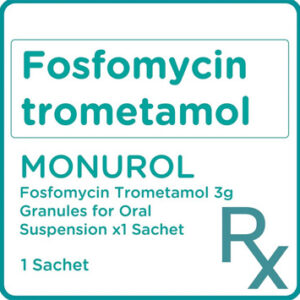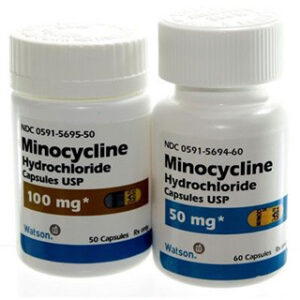Cipro is an antibiotic drug that belongs to the fluoroquinolone class. It is used to treat various bacterial infections in the body, including urinary tract infections, respiratory tract infections, skin and soft tissue infections, and bone and joint infections.
The active ingredient in Cipro is ciprofloxacin, which works by inhibiting the growth and spread of bacteria. It does this by interfering with the enzymes needed for bacterial DNA replication, thus preventing the bacteria from multiplying and causing infection.
What to Avoid When Taking Cipro
- Avoid taking Cipro if you are allergic to ciprofloxacin or any other fluoroquinolone antibiotic.
- Do not take Cipro if you have a history of tendon problems, such as tendonitis or tendon rupture.
- Avoid Cipro if you have a history of myasthenia gravis, a neuromuscular disorder.
- Avoid consuming dairy products or calcium-fortified foods while taking Cipro, as they can interfere with the absorption of the medication.
- Avoid prolonged exposure to sunlight or tanning beds while on Cipro, as it can increase the risk of sunburn.
Adverse Reactions
Cipro may cause certain side effects, which can vary in severity. Common side effects include nausea, diarrhea, vomiting, abdominal pain, and headache. Some people may experience allergic reactions, such as rash, itching, or swelling. Serious side effects include tendon rupture, nerve damage, and liver problems, although these are rare. It is important to seek medical attention if you experience any unusual or severe side effects while taking Cipro.
Instructions for Cipro
It is important to follow the instructions for taking Cipro provided by your healthcare provider. Take the medication exactly as prescribed, and do not change the dosage without consulting your doctor. Cipro can be taken with or without food, but it should be taken with a full glass of water to prevent kidney problems.
If you miss a dose, take it as soon as you remember. However, if it is almost time for your next dose, skip the missed dose and continue with your regular dosing schedule. Do not take a double dose to make up for a missed one.
In case of overdose, seek immediate medical attention. Overdose symptoms may include dizziness, confusion, tremors, seizures, and difficulty breathing.
Mixing with Other Drugs
Cipro may interact with certain medications, which can affect its effectiveness or increase the risk of side effects. It is important to inform your doctor about all the medications you are currently taking, including prescription drugs, over-the-counter medications, vitamins, and herbal supplements.
Some medications that may interact with Cipro include antacids containing aluminum or magnesium, blood thinners, cyclosporine, proton pump inhibitors, theophylline, and certain antidepressants. It is important to discuss with your doctor the potential interactions and any necessary adjustments to your medication regimen.
FAQ
-
Q: Can Cipro be used to treat viral infections?
A: No, Cipro is only effective against bacterial infections and does not work against viral infections. -
Q: How long does it take for Cipro to start working?
A: The onset of action can vary depending on the type and severity of the infection. In general, you may start to notice improvements within a few days of starting treatment, but it is important to complete the full course of antibiotics as prescribed by your doctor. -
Q: Can I drink alcohol while taking Cipro?
A: It is generally recommended to avoid alcohol while taking Cipro. Alcohol can increase the risk of certain side effects and may decrease the effectiveness of the medication. -
Q: Can Cipro be taken during pregnancy?
A: Cipro is generally not recommended during pregnancy, especially during the first trimester. However, your doctor may prescribe it if the benefits outweigh the risks. It is important to discuss the potential risks with your doctor before taking Cipro while pregnant. -
Q: Can Cipro be used in children?
A: Cipro is usually not recommended for use in children, as it may cause harmful effects on the musculoskeletal system. However, there may be certain cases where the benefits outweigh the risks. It is important to consult with a pediatrician before using Cipro in children.






Reviews
There are no reviews yet.